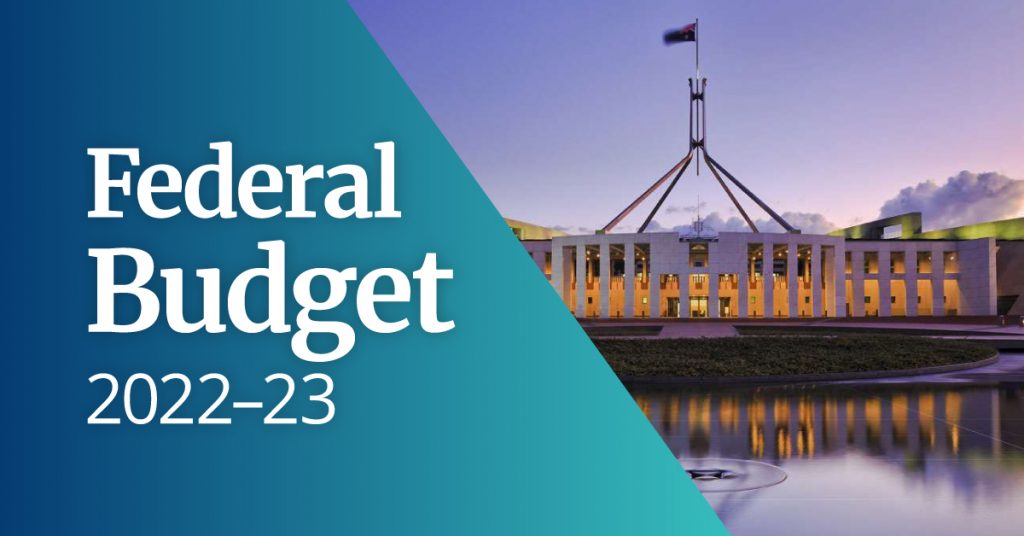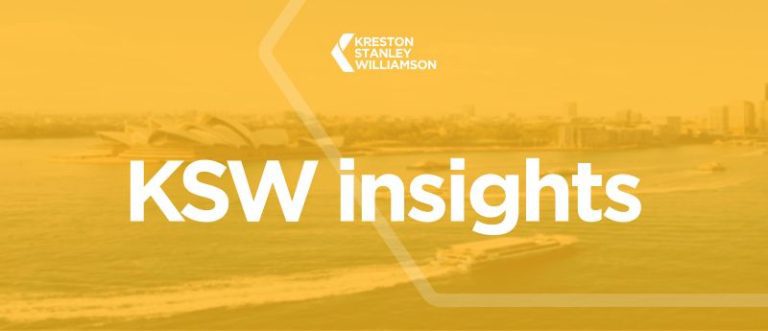

What’s in it for Tax Accountants & their clients
The new Labor government handed down their first Budget on Tuesday 25th October 2022. The Budget contains various cost-of-living relief measures including cheaper childcare, expanding paid parental leave, and encouraging downsizing to free up housing stock. Tax measures are limited, and the main target at multinationals.
We’ve summarised some of the key proposals below. Tax accountants can view the full details of the budget can be found on the Budget website.
Fringe Benefit Tax (FBT) and tariff exemptions for electric vehicles
This is an announcement of a policy that the ALP brought into the election, and we had previously discussed it in our June 2022 Newsletter – Proposed FBT Exemption for Electric Vehicles. Legislation is currently before the Senate to enact this announcement.
The FBT exemption will exempt electric vehicles under the luxury car tax threshold ($84,916 for 2022-23) from FBT and import tariffs. The vehicle must not have been held or used prior to 1 July 2022. The FBT exemption provides an opportunity for individuals, with the guidance of tax accountants, to purchase an electric vehicle under a salary sacrifice novated lease arrangement.
Thin capitalisation
Multinational entities operating in Australia must pass thin capitalisation rules in order to claim a deduction for interest expenses above $2 million.
Thin capitalisation rules will be amended with effect from 1 July 2023 for non-authorised deposit-taking institutions with the replacement of the safe harbour test (debt to asset ratio) and the worldwide gearing test (debt to equity ratio) with earnings-based tests, to limit debt deductions in line with an entity’s profit.
Digital currency will not be taxed as foreign currency
The legislation will be introduced to clarify that digital currency will continue to not be treated as foreign currency for income tax purposes. This tax treatment will be backdated to apply to income years from 1 July 2021.
Minimum age to make a downsizer superannuation contribution reduced
Eligibility to make a downsizer contribution will be expanded by reducing the minimum age from 60 to 55 years. The downsizer contribution allows individuals, including tax accountants, to make a one-off post-tax contribution to their superannuation fund of up to $300,000 per person from the proceeds of selling their home. Both members of a couple can contribute (even if only owned in one name), and the contributions do not count towards non-concessional contribution caps. The measure will take effect from the start of the first quarter after Royal Assent.
Cost of living relief
A range of cost-of-living relief measures has been proposed. More details on these measures can be found on the Budget website, but some of the key measures are summarised below:
- Paid Parental Leave flexibility reforms
The Paid Parental Leave Scheme will be amended from 1 July 2023 so that either parent is able to claim the payment and both birth parents and non-birth parents are allowed to receive the payment if they meet the eligibility criteria. Parents will also be able to claim weeks of the payment concurrently so they can take leave at the same time.
From 1 July 2024, the scheme will be expanded by 2 additional weeks a year until it reaches a full 26 weeks from 1 July 2026. Both parents will be able to share the leave entitlement, with a proportion maintained on a “use it or lose it” basis, to encourage and facilitate both parents to access the scheme.
- Childcare subsidy rate increased
The maximum Child Care Subsidy (CCS) rate will be increased from 85% to 90% for families for the first child in care and the CCS rate for all families earning less than $530,000 in household income will be increased.
Should you wish to discuss any of the above measures don’t hesitate to contact your client manager at KSW.
Author – Darren O’Malley
*Correct as of 27 October 2022
*Disclaimer – this article has been produced by Kreston Stanley Williamson as a service to its clients and associates. The information contained in the article is of general comment only and is not intended to be advice on any particular matter. Before acting on any areas contained in this article, it is imperative you seek specific advice relating to your particular circumstances. Liability limited by a scheme approved under professional standards legislation.













